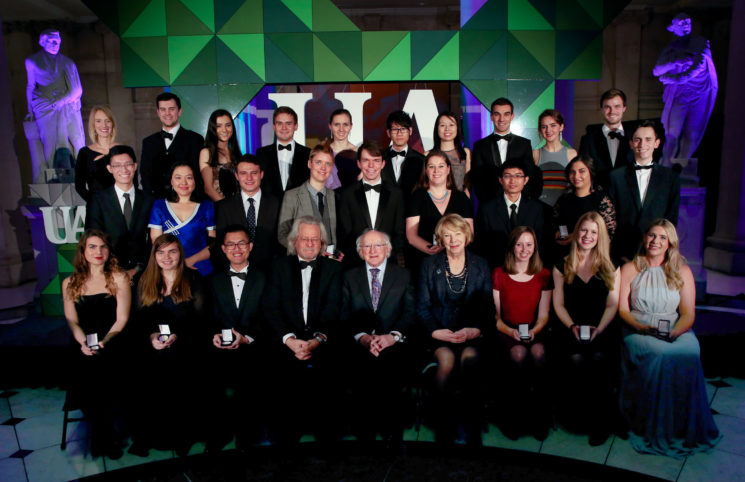2016 Undergraduate Awards
Document Type
Article
Publication Date
2016
Abstract
Responses to radical philosophical skepticism often interpret skeptical arguments as conceptual challenges that must be overcome if common epistemic practices are to remain justifiably practicable. Such responses treat skeptical arguments as attacks on our ability to justifiably make knowledge claims, wherein the skeptic attempts to isolate conceptual problems embedded in common epistemic processes that debar those processes from the potential to produce knowledge. In this framework, the successful skeptic reveals our constitutional epistemic blindness while the successful response defangs the skeptic’s attack on our capacity for knowledge.
This paper argues that this interpretation is predicated on a fundamental misunderstanding of the target and method of radical skepticism. Analyzing the skeptical projects of Sextus Empiricus and David Hume serves to identify a set of conceptual strategies commonly identified with “radical skepticism” that rely on pitting empirical evidence against a demanding concept of knowledge and concluding from the incongruence which emerges that the concept is unrealizable. Far from an attack on everyday knowledge claims, the overlapping strategies of these writers produce an overarching project of empirical skepticism which privileges common epistemic practices over extant philosophical definitions of knowledge by using the former to argue for the incoherence of the latter.
Using the epistemic contextualism of Michael Williams as an example of a typical response that treats skepticism as a challenge to everyday knowledge claims places the nature of the common confusion between the skeptic’s target and argument in stark relief. Williams’ main criticism, that the skeptic conflates an unrealizable standard for knowledge with functional everyday standards, results in an epistemological theory which shares multiple similarities with the conclusions of empirical skepticism as described by Sextus and Hume. Williams’ worry that the skeptic demands unreasonably high standards of justification for knowledge is shared by the skeptic because it is precisely those standards that are integral to the concept of "knowledge” which the skeptic aims to reveal as incoherent. At its terminus, empirical skepticism emerges as a prototypical attempt at epistemic naturalization through its swapping of a faulty conceptual analysis of knowledge with an empirical analysis of epistemic processes."





Notes
Image is in the public domain.